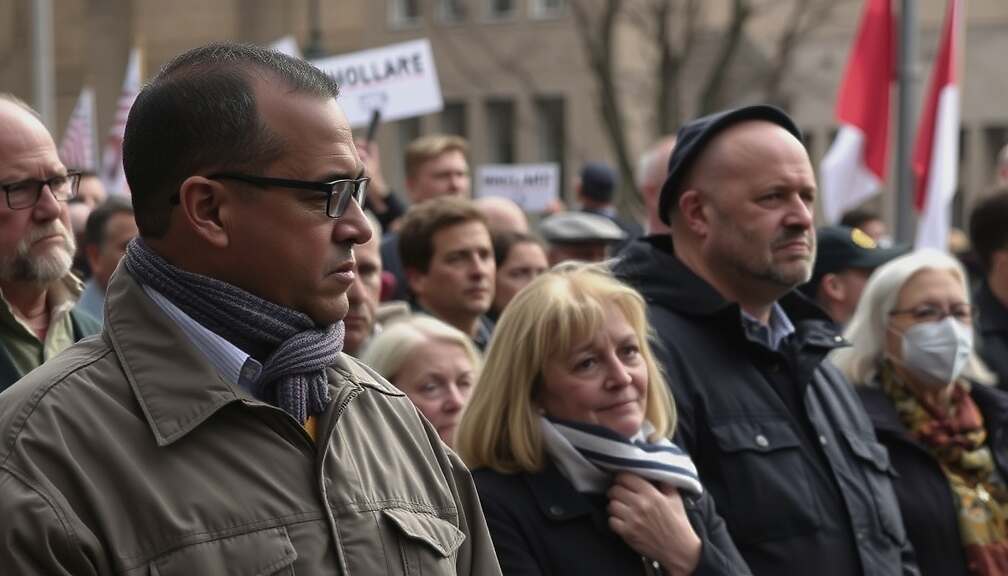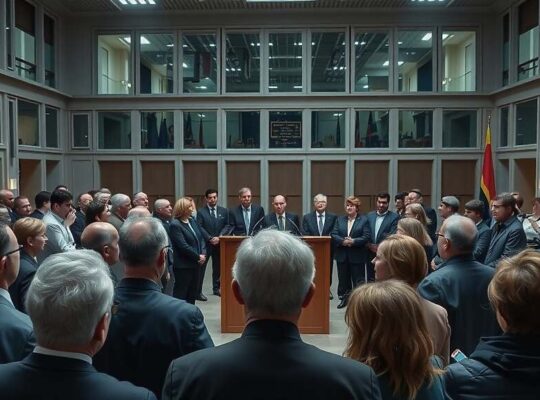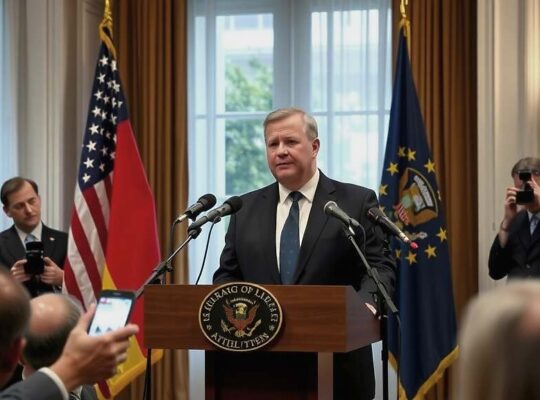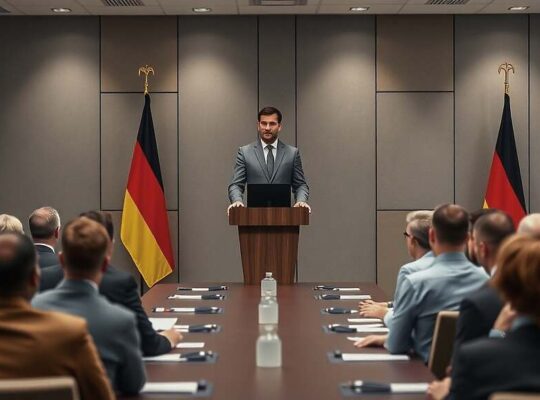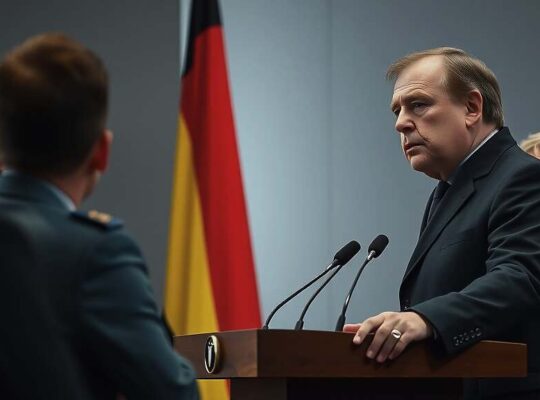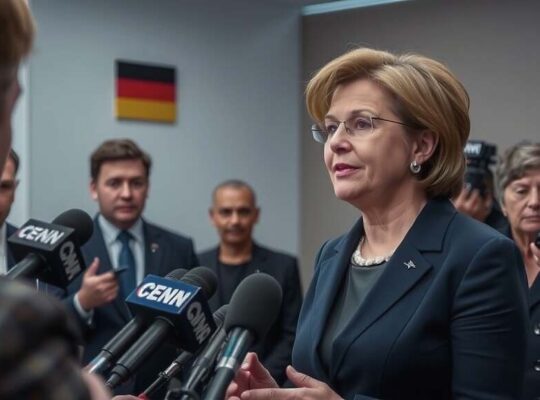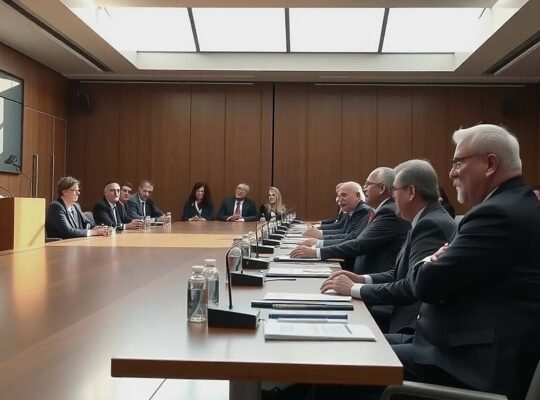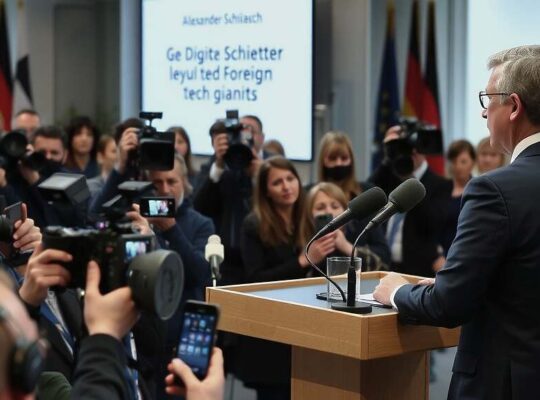The political deadlock surrounding the future of Germany’s mandatory military service is intensifying, with the conservative Union bloc signaling its resolve to maintain proposals forged in a joint working group with the Social Democrats (SPD), despite staunch opposition from Defence Minister Boris Pistorius. Thomas Erndl, the Union’s defence policy spokesperson for the CSU, affirmed in an interview with “Welt” that the faction will not retreat from the collaborative recommendations, highlighting a significant challenge to the government’s legislative agenda.
Erndl’s critique centers on what he deems critical deficiencies within Pistorius’s drafted legislation. He argues the current proposal lacks quantifiable metrics to assess its efficacy and crucially, fails to provide a contingency plan should recruitment targets for the Bundeswehr remain unmet. This absence, according to Erndl, presents a substantial risk to the nation’s defense capabilities. While acknowledging a need for governmental refinements, the Union maintains that the SPD needs to commit to the outlined collaborative approaches.
The working group had seriously considered a “needs-based conscription” a compromise between the existing universal conscription for entire cohorts and a completely voluntary system, which would allow for the induction of a limited number of recruits through a lottery system. Erndl conceded the inherent complexities of integrating principles of fairness and randomness, but presented the lottery as a potentially more legally sound and equitable approach.
He urged Minister Pistorius to adopt a more constructive stance within the parliamentary legislative process, emphatically stating that the Defence Minister’s current proposal lacks the parliamentary support necessary for passage. Erndl underscored the parliament’s prerogative to modify government-initiated bills and rejected any criticism from the government regarding these amendments. This disagreement signals a potential uphill battle for the SPD-led coalition government, raising questions about the scope and nature of future military reforms and the broader dynamics within German politics. The Union’s insistence on measurable outcomes and a plan B underscores a fundamental divergence in strategic thinking regarding the future of national security.


